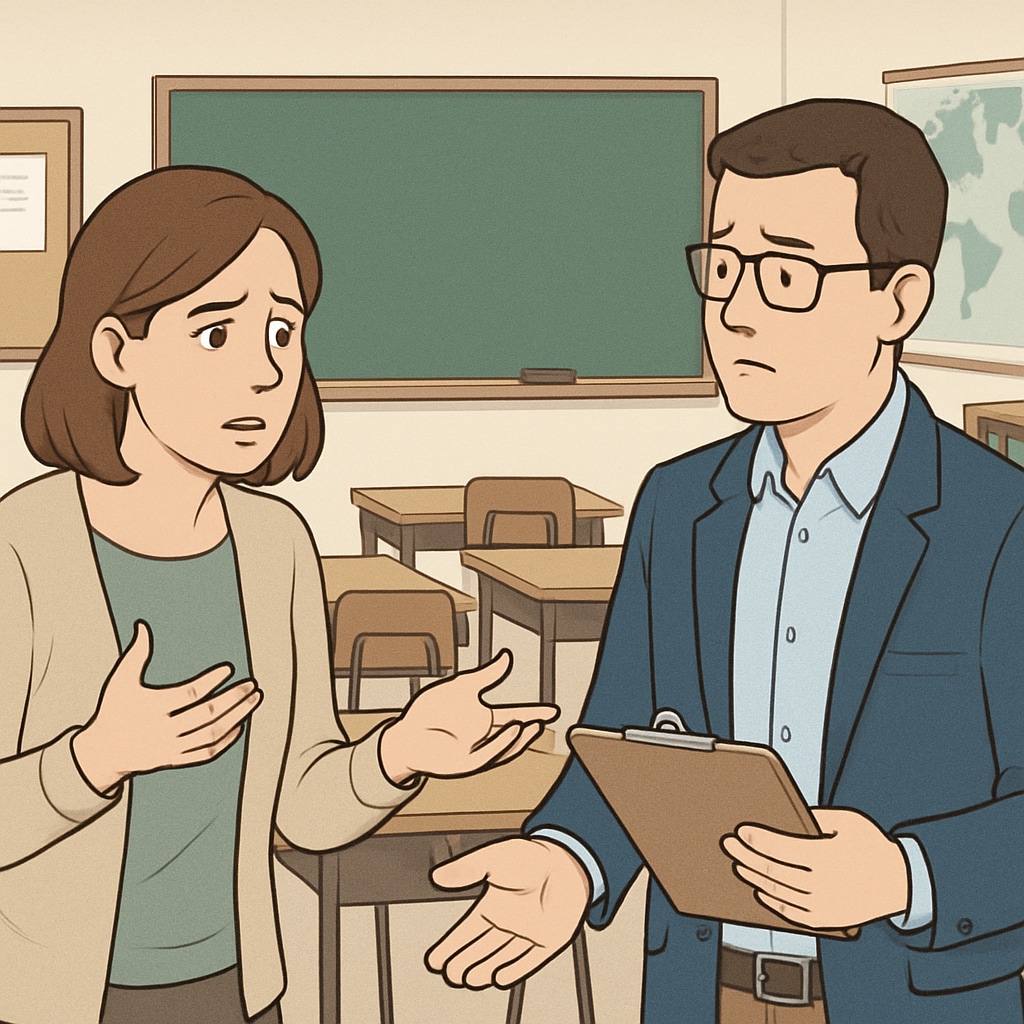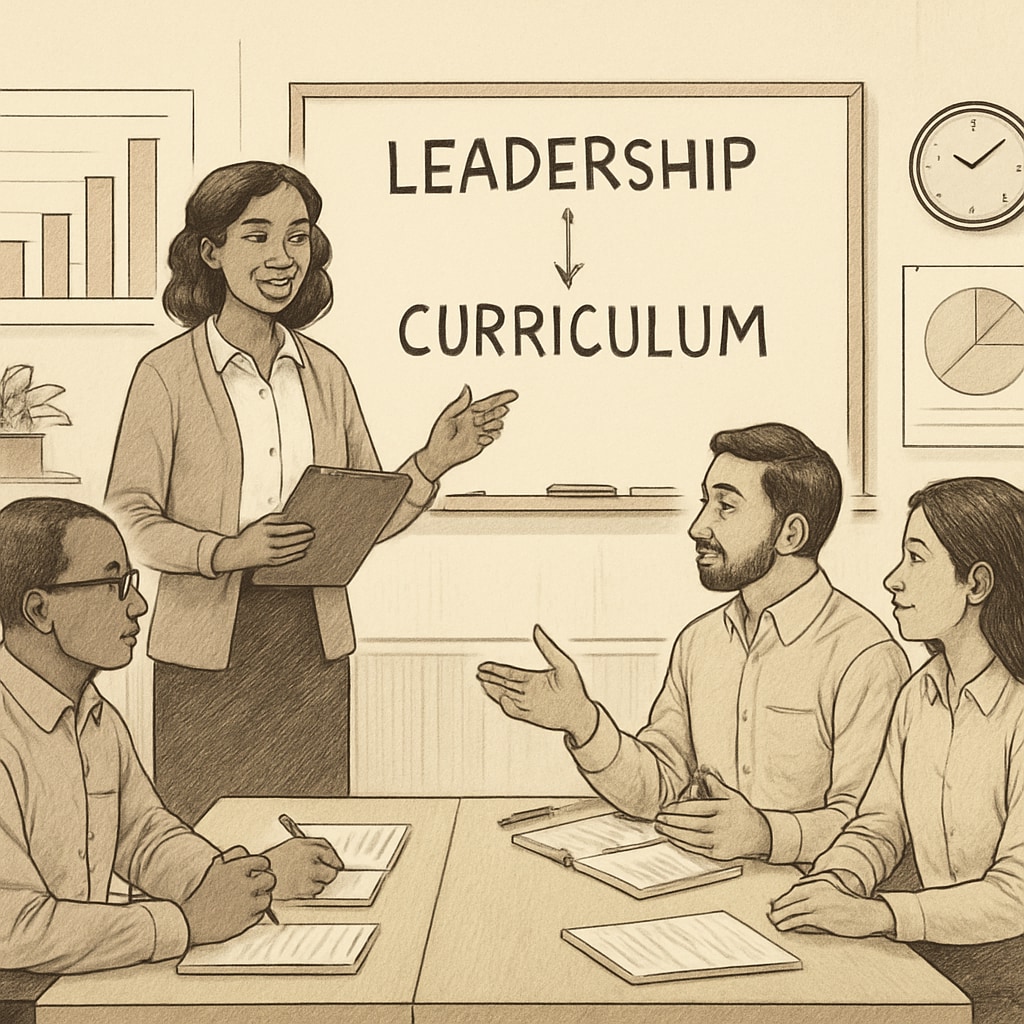When academic supervisors lack professional competence, the entire educational system suffers. This issue becomes particularly evident in K-12 schools, where the consequences of poor leadership extend to teaching quality, student safety, and teacher development. A recent account from a teacher highlights the dangers of unqualified academic supervisors and the challenges posed by their misguided directives. The need for stricter selection and oversight mechanisms has never been more urgent.
The Role of Academic Supervisors in Shaping Education
Academic supervisors are expected to guide teachers, implement curriculum standards, and ensure the overall quality of education. Their leadership impacts not only the day-to-day functioning of schools but also the long-term academic success of students. However, when these individuals lack the necessary expertise, their decisions can lead to significant disruptions in the educational process.
For instance, a teacher recently shared her experience with an academic supervisor who repeatedly offered unhelpful, and sometimes harmful, guidance. The supervisor, lacking both teaching experience and subject-matter knowledge, imposed instructional methods that conflicted with proven best practices. As a result, teachers felt unsupported and demoralized, and students’ academic progress was hindered.

The Consequences of Poor Leadership
Poor leadership in academic supervision creates a ripple effect, impacting multiple aspects of the educational ecosystem:
- Teaching Quality: Teachers struggle to meet educational standards when directives from supervisors are impractical or irrelevant.
- Student Safety: Incompetent decision-making may compromise the physical and emotional safety of students, especially in areas like disciplinary policies.
- Teacher Development: A lack of meaningful support stunts teachers’ professional growth, leading to high turnover rates and a loss of institutional knowledge.
For example, the aforementioned teacher recounted how her supervisor’s lack of understanding delayed the adoption of technology in the classroom. This hesitation left students unprepared for remote learning during the pandemic—a clear failure of leadership.
Addressing the Crisis: Solutions for Stronger Leadership
To mitigate these issues, education systems must prioritize the recruitment of qualified academic supervisors and establish rigorous oversight mechanisms. Here are some potential strategies:
- Enhanced Selection Criteria: Require supervisors to have extensive teaching experience and proven expertise in their subject areas.
- Ongoing Training: Provide continuous professional development to ensure supervisors stay updated on educational best practices.
- Accountability Measures: Implement regular evaluations and feedback systems to monitor supervisors’ performance.
By adopting these measures, schools can ensure that academic supervisors are equipped to support teachers effectively, fostering a more productive and enriching learning environment.

Conclusion: The Need for Systemic Change
The challenges posed by unqualified academic supervisors highlight a systemic issue within educational leadership. Without proper qualifications and oversight, these individuals can undermine teaching quality, jeopardize student safety, and hinder teacher development. It is imperative for educational institutions to address this leadership crisis through stricter selection processes, ongoing training, and robust accountability mechanisms. By doing so, schools can create an environment where teachers and students thrive, ultimately raising the standard of education for all.
As the teacher’s experience demonstrates, the stakes are too high to ignore. The time for action is now.
Readability guidance: This article uses short paragraphs and lists to improve clarity. Transition words like “however” and “as a result” enhance flow, while active voice ensures readability. Key takeaways are summarized in bullet points for quick reference.


